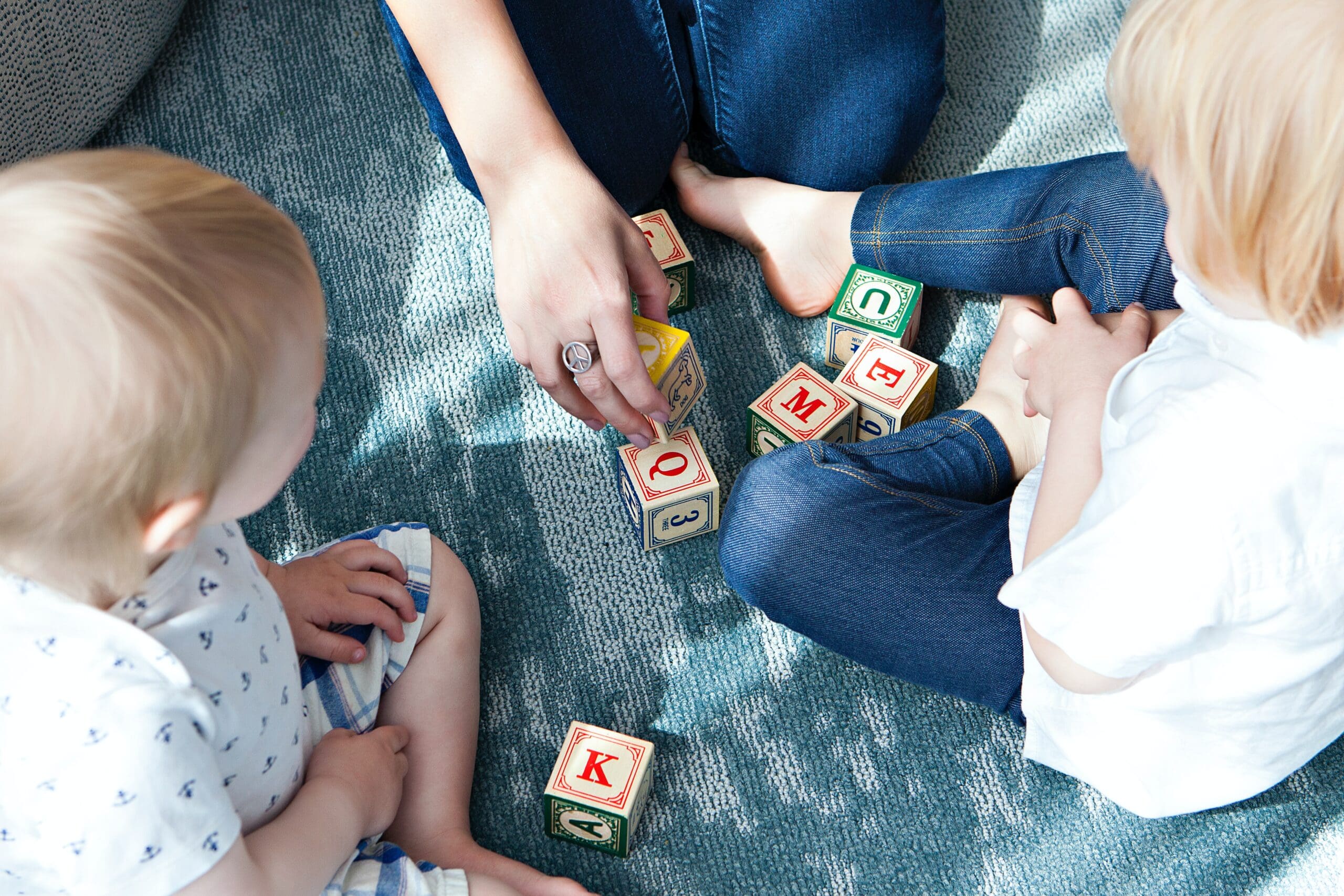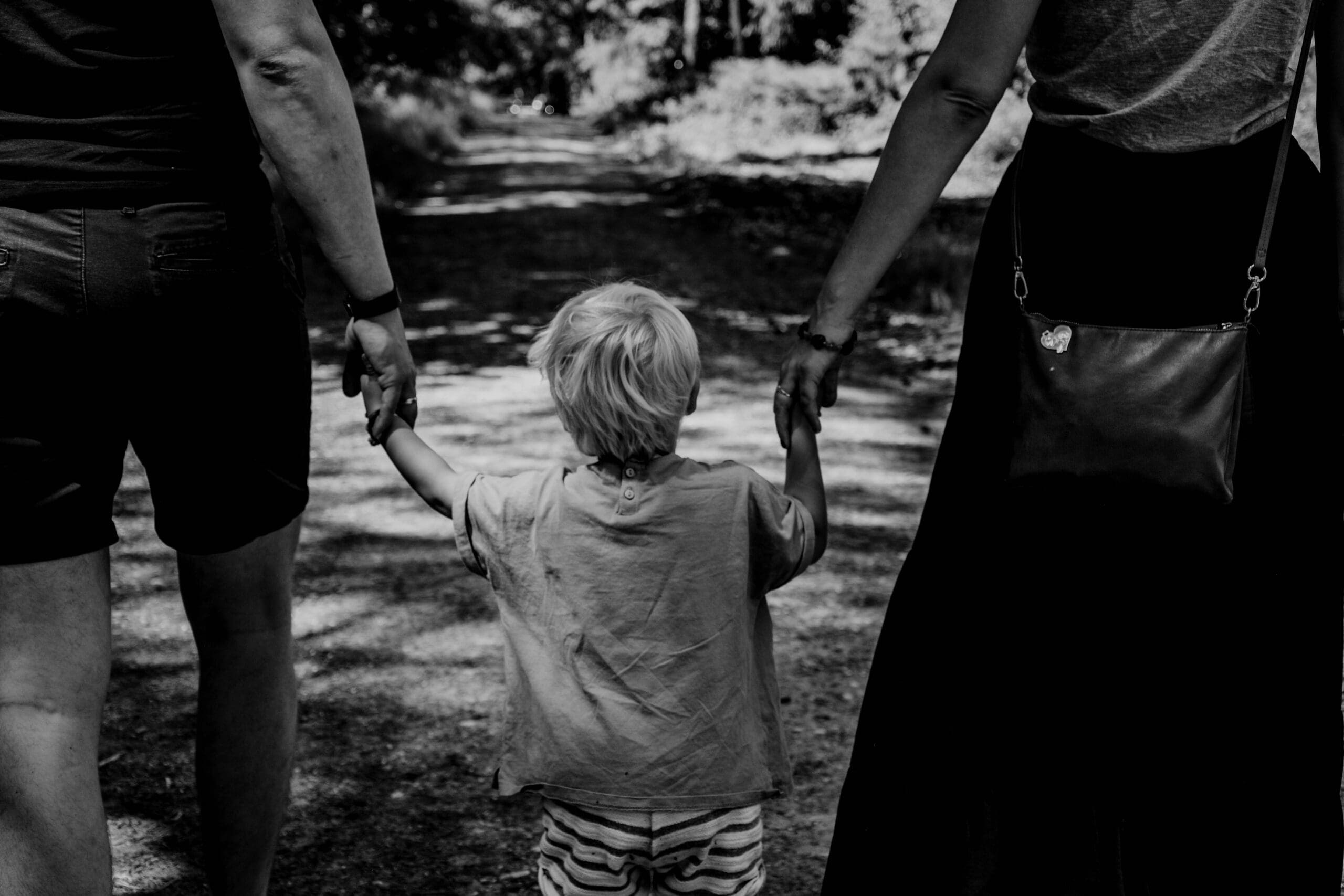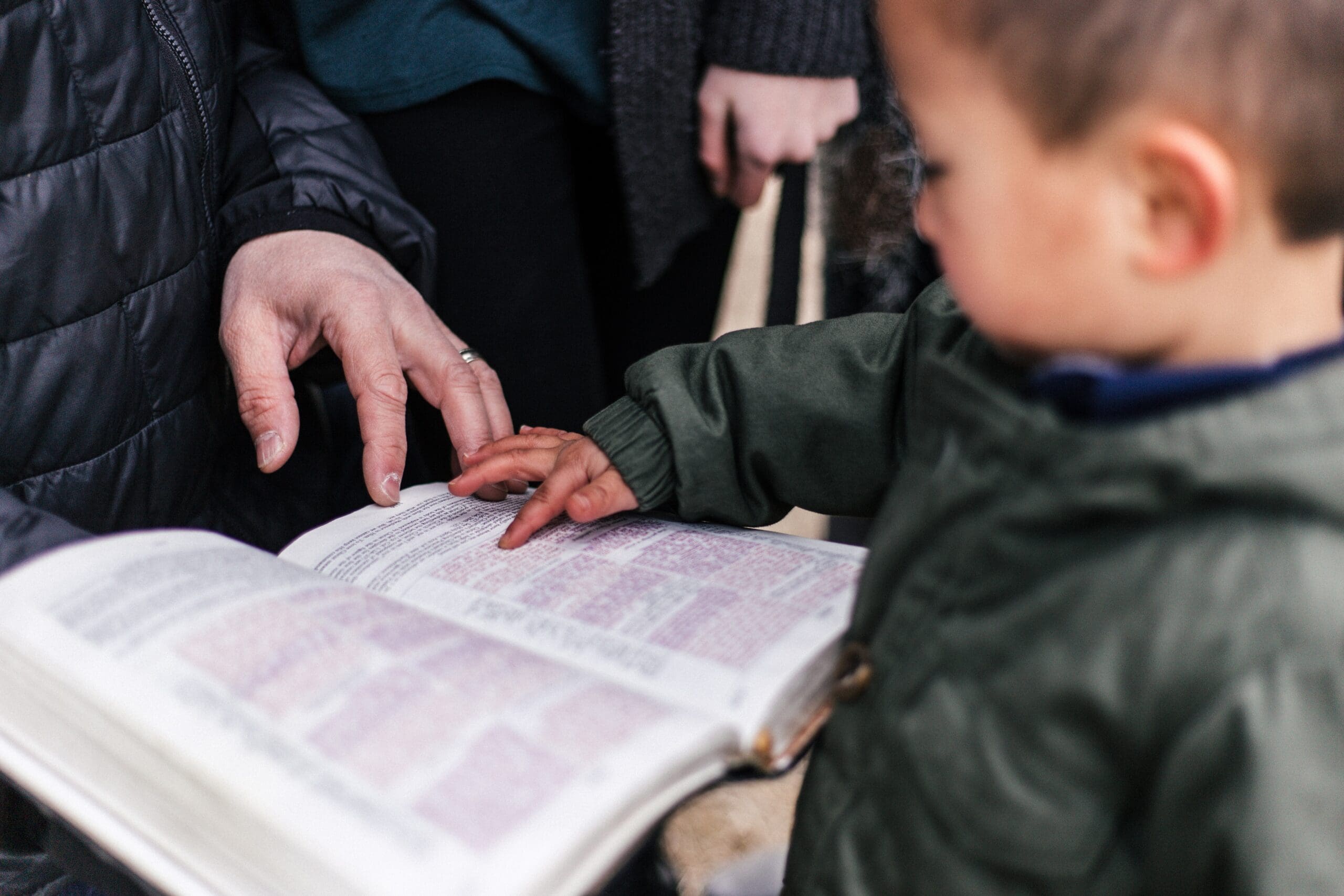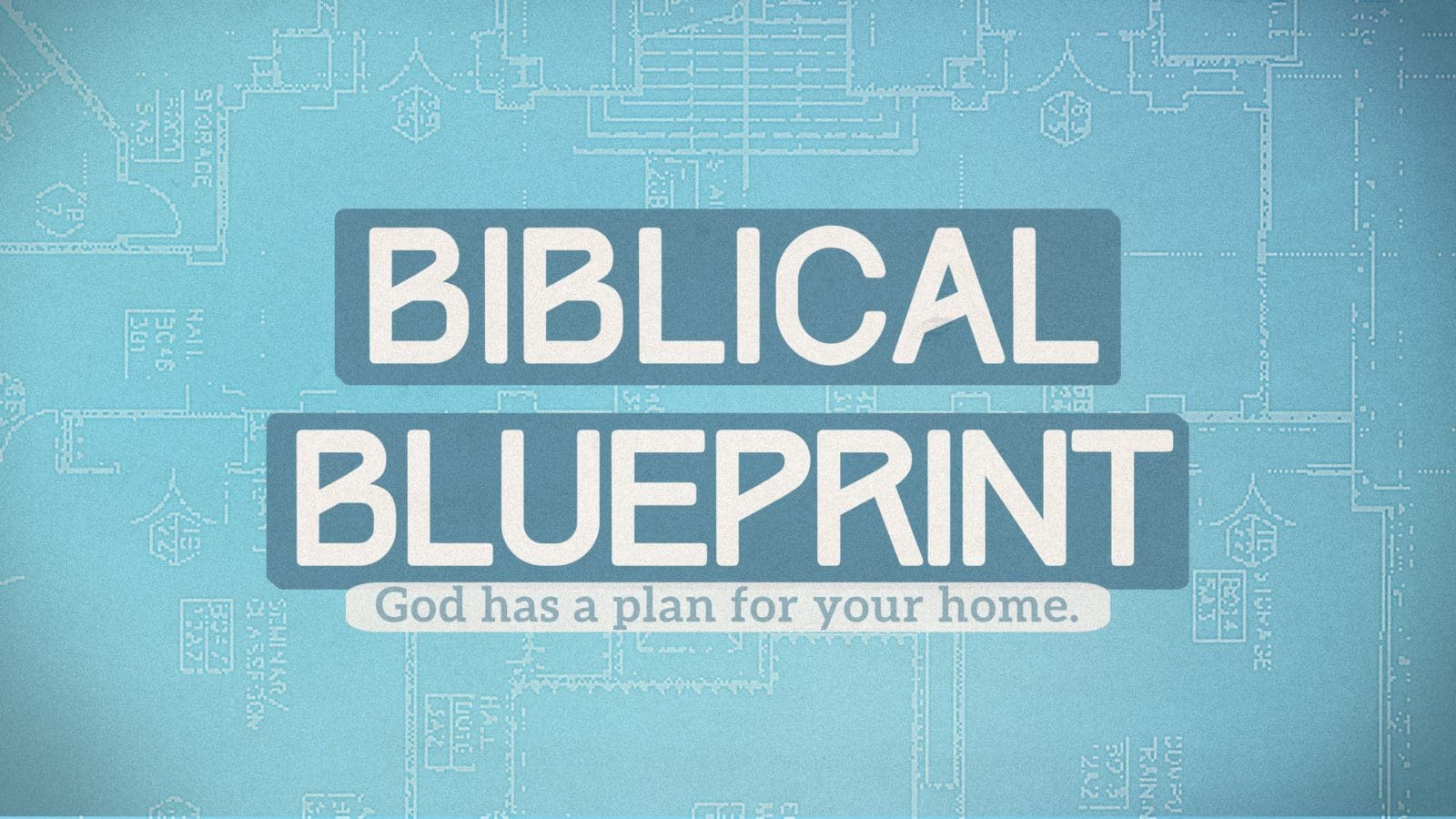Exodus 20:12
The Bible makes it very clear that people should honor their fathers and mothers. Exodus 20:12 states, “Honor your father and your mother, that your days may belong in the land that the Lord your God is giving you.” According to Meg Bucher, to honor your father and mother means to “prize highly, care for, show respect for, and obey” authority in our lives.” In like manner, Philip Graham Ryken says, “To honor one’s parents, therefore, is to give due weight to their position. It is to give them the recognition they deserve for their God-given authority. To honor is to respect, esteem, value, and prize fathers and mothers as gifts from God.” Does our culture do a great job of honoring fathers and mothers? Is there some room for improvement? Where do people learn how to honor and respect their parents?
Parents Have A Responsibility To Teach Respect
Parenting is so vital in the life of a child. In fact, so much is learned from parents, for instance, learning how to treat people, cooking, cleaning, study, how interacting in the world, and most important, God. Professor Kevin DeYoung writes, “The parental relationship is the first and most important relationship. It shapes all other relationships.”
Most churchgoers know that God has purposed for parents to disciple their children. In fact, Deuteronomy 6:4-9 is one the most popular Scripture verses used to encourage parents to teach God’s principles and disciplines. Moreover, God also expects that children be instructed to honor and obey their caregivers. J.I. Packer writes, “Scripture stresses the responsibility of parents to train their children, and children to honor their parents. In the Old Testament, disrespect for parents was a major sin: one who cursed a parent could be executed (Exodus 21:17; Leviticus 20:9). In the New Testament, Jesus flays the Pharisees for claiming to keep the fifth commandment while actually breaking it by leaving parents destitute (Matthew 15:3-9), and disobedience to parents betokens decadence and apostasy (Romans 1:30; 2 Timothy 3:2).”
As God has designed it, parents are responsible to disciple their children. Children, on the other hand, are to honor and respect their parents. They are to submit to their parent’s authority and “learn what it is to have someone in authority over us, to listen to people, to honor them, and do things that we sometimes don’t want to do.”
Culture Shift
According to Philip Graham Ryken, “Many historians believe that a significant shift in American attitudes toward authority took place during the 1960s. It was the decade of the anti-establishment. Young people were anti-business, anti-government, anti-military, and anti-school. But of all the institutions that came under attack, perhaps the most significant was the family.” These types of shifts in society contributed to a young person’s belief about authority, not to mention parental authority. Moreover, these shifts contributed to a communication problem between parents and children, therefore, only compounding the complexity of the familial relationship.
The writers for the “Growing Leaders” website state, “When the baby boomer generation arrived, we began to hear the term generation gap. It was a term used to describe the chasm parents felt between themselves and their children because their kids were growing up in such a different world than they did. Later, Generation X only widened that gap, as the culture played an even larger role in how emerging adults turned out.” Historically speaking, baby boomer parents took a different approach to parenting, at least from the mindset and style of their parents. Of course, not everyone took this action, but generationally speaking, some opted for less control and more communication with their child. Whereas the older generations took more of a “child sits, listens, and doesn’t talk” approach to parenting, baby boomer parents took a more communicative approach. Some went as far as being the “cool mom” or the “cool dad” approach to parenting.
Be communicative, relational, and instructional
However, over time some saw the results from this type of approach as lacking in best parental practices. In fact, some saw that the need not only be a communicative and relational type of parenting but also instructional. As mentioned before, God has placed the responsibility on parents to teach, discipline, instruct, and yes, communicate, with their children. Further, God has commanded that children learn how to obey and respect their parents. Part of the parental responsibility is to teach respect and how to honor others. Of course, this comes through communication, relationship, discipline, instruction, and modeling. In this regard, J.I. Packer states, “Family life, with its built-in responsibilities for both parents and children, is part of the purpose for all, and the way we behave like children and parents is a prime test of both our humanity and our godliness.”
Where Do We Go From Here?
The question, “What has been your attitude towards your parents?” is a significant one to ask. As mentioned, one of the best ways to help children know how to honor others and their parents is through the parenting process. Some may say, “what is honor?” It is teaching them that “honoring them means respecting them, so to speak, for their office, their relationship to you, just as we should respect clergymen and public officials whatever we think of their personal limitations or private lives” (Packer). Moreover, “Disrespect for parents is a serious matter, for it also dishonors the Lord” (Sproul). In our current culture, there seems to be an overwhelming disrespect for parents and their authority. However, it is good to be reminded that parents are a gift and they have a “God-given responsibility to teach their children how to know and serve God. But children will not learn those lessons if they do not respect their parents…of all the ways children honor their parents, the most important is listening to what they say about God and the way of salvation” (Ryken).
One of the best ways a child can learn honor is to obey their parents. Of course, obedience looks different between adult child in comparison to when they were younger. The older adult child should be able to take the things they have learned and make wise decisions, whereas, the younger child is still in the process of learning. Therefore, the instructional part of the relationship will be different with an older child. As DeYoung says, “You don’t parent a fifteen-year-old the way that you parent a five-year-old.” Parenting styles will change with time but the role of obedience and respect should go a long way. This means, that parents must teach obedience, hold their children accountable, communicate will with them, and model for them how to honor others.
In conclusion, honoring and respecting parents is important. It is a great parental privilege to teach honor and respect to children. How else would they learn if someone did not teach or model for them? Also, it is a child’s responsibility to submit, obey, and learn how to respect and honor their parents and caregivers. Keep in mind, there has been only one perfect child and one perfect Father. We need His help daily to learn what it means to not only respect and honor Him, but to also honor and respect parents and our fellow neighbors.
Questions
How are you respecting and honoring your parents?
Do you need to ask for forgiveness for not honoring your parents?
How can you better teach honor and respect to your child?
Resources For Parents
Teaching Young Children To Honor God
Teaching Your Kids To Honor Their Other Parent
Six Practical Ways To Honor Your Parents
https://www.challies.com/articles/5-practical-ways-to-honor-your-parents/
Resources
Growing Leaders, How Our Parenting Has Changed Over The Years
Meg Bucher, Honoring Your Father and Mother
Kevin DeYoung, The 10 Commandments: What They Mean, Why They Matter, and Why We Should Obey Them, Crossway Publishing.
Marshall Segal, Honor The Parents God Gave You
J.I. Packer, Keeping the 10 Commandments, Crossway Publishing.
Philip Graham Ryken, Written In Stone: The Ten Commandments and Today’s Moral Crises, P&R Publishing.
R.C. Sproul, The Reformation Study Bible, ESV.













